Which Kind of Drivetrain Is Better: Front, Rear, or 4-Wheel
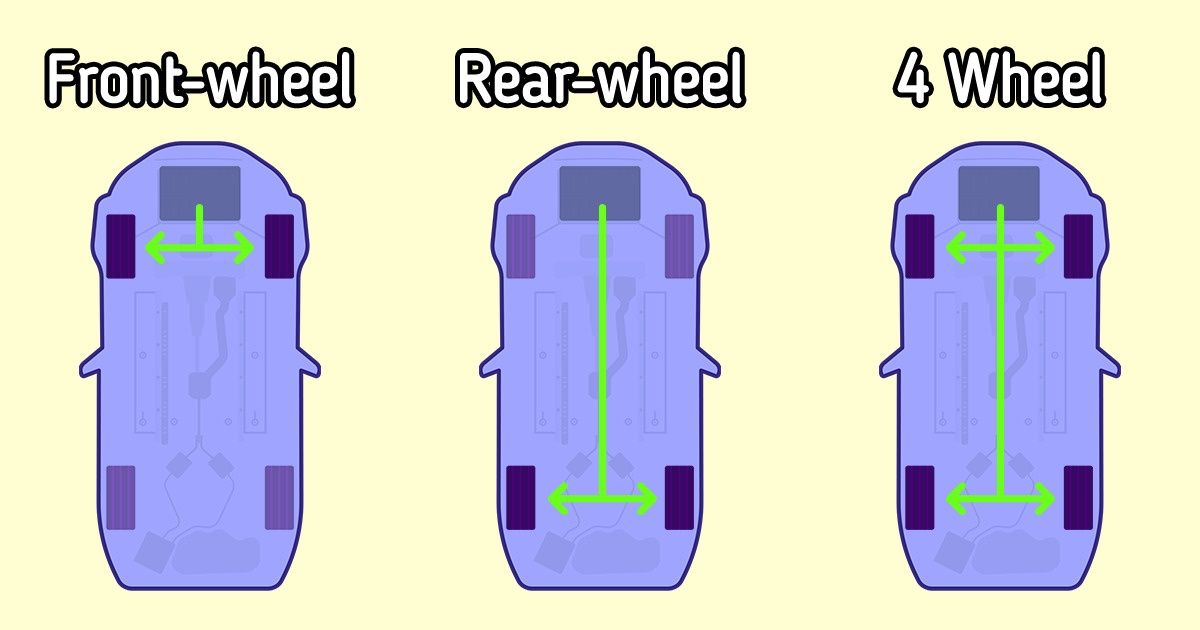
When choosing a car, you need to decide on the transmission system. There are all-wheel, front-wheel, and rear-wheel drivers. All of them have good sides and bad ones that you need to know about.
5-Minute Crafts has prepared an article for you with a description of all the advantages and disadvantages of all kinds of drives.
What FWD, RWD, AWD, and 4WD are
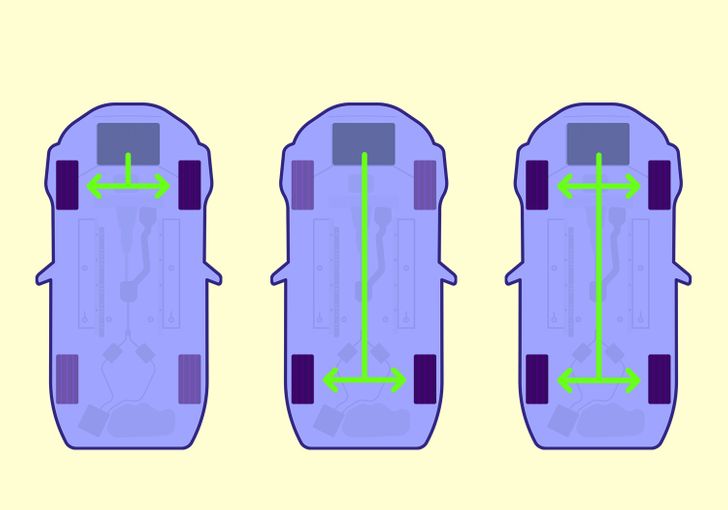
FWD (front-wheel-drive) is a kind of transmission where the power of the engine is on the front wheels that pull the car. The rear wheels rotate because the car is going forward.
RWD (rear-wheel drive) is when the engine rotates the back wheels. More racecars have RWD.
AWD or 4WD is 4-wheel drive. Both names are the same. A popular American magazine Motor Trend uses the term 4WD for systems that are designed for off-road conditions. And AWD is the system that can still be enabled on high-traction roads.
Advantages and disadvantages of FWD
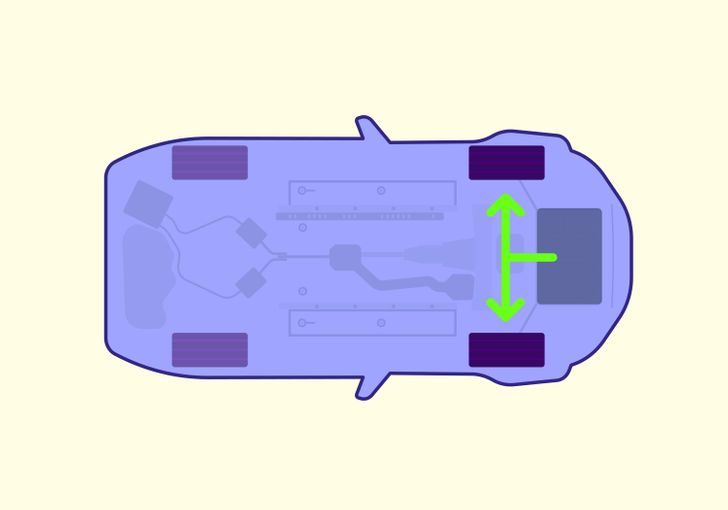
Advantages:
- There’s more room in the back seats for passengers.
- These cars are more affordable.
- Best traction because the weight of the engine and transmission is on the front wheels.
Disadvantages:
- Tires need to be changed more often.
- An increased tilt of the front part makes the control worse.
- Despite better traction, the control of the car during turns is not as good, especially at higher speeds.
Advantages and disadvantages of RWD
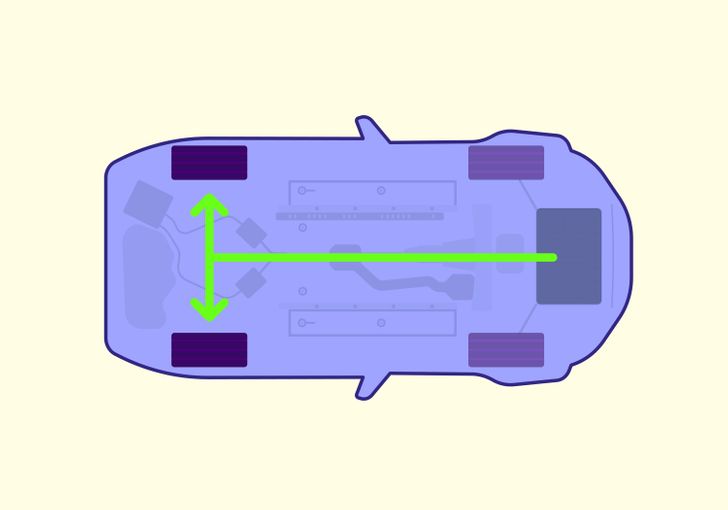
Advantages:
- The weight of the car is distributed more evenly, the car is better balanced.
- Easier to control, especially when braking and turning on a dry road.
- If you drive into a curb, you will probably not damage anything.
- The acceleration on a straight road is better.
Disadvantages:
Advantages and disadvantages of AWD and 4WD
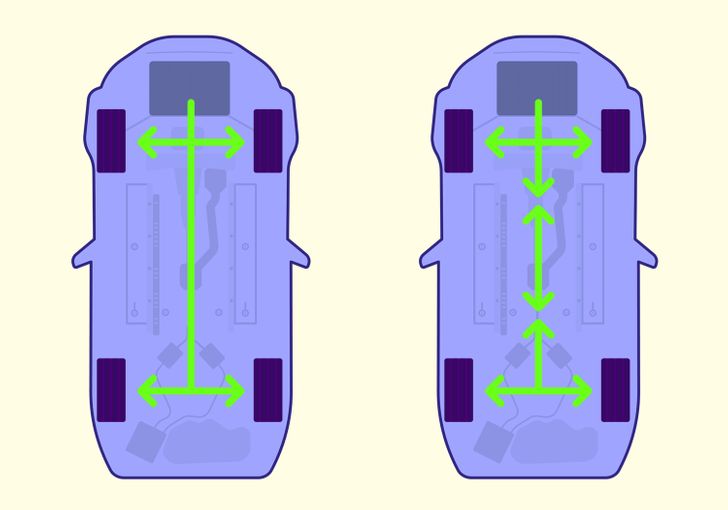
Advantages:
- Inherent traction advantage in all conditions, especially accelerating through turns and as engine power approaches or exceeds a level that can overwhelm 2 driven tires.
- Smooth acceleration on a slippery road.
- It’s impossible to improve braking and making turns in the snow.
- Heaviness of the car affects acceleration and fuel costs.